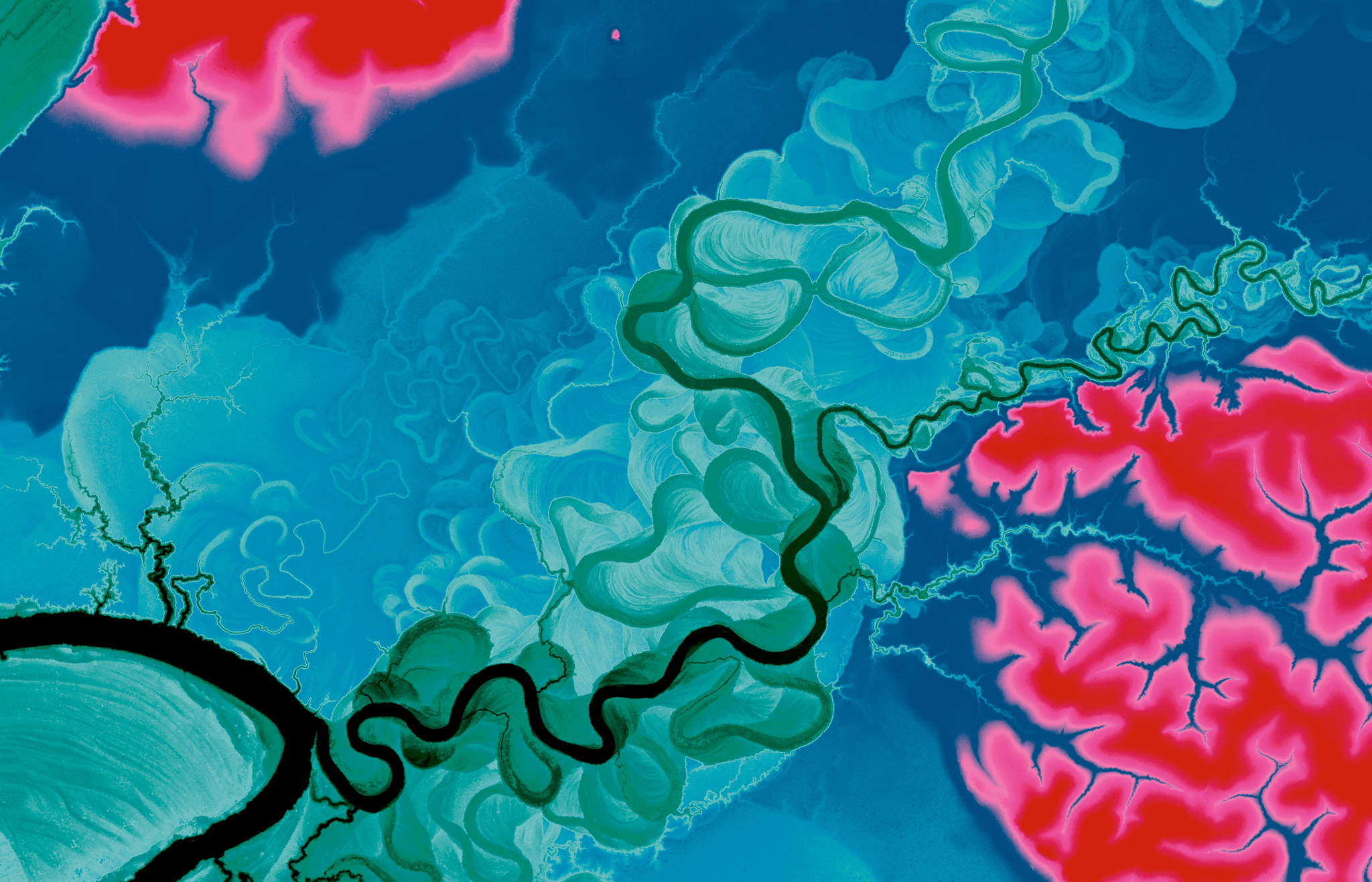This year marks the 11th that I’ve lived in Nashville. Couple that with the fact that I was a musician in a previous career and it’s safe to say that I’ve come to understand a few things about the music industry in general. While there may be more than a couple of differences between music and the various industries in which we all work with reality capture technologies, there are some striking similarities.
Both require finding talent to hire with very few options for standardized evaluation and both are, above all, a business.
Finding talent comes in a couple of variants. You may be trying to hire staff for data collection, data processing or modeling. Or, you could be looking to subcontract reality capture services as a whole. Either way, the challenges are the same. There is no degree we can earn or license we can obtain that indicates we have the requisite skills and necessary experience to do our jobs. The same goes for the music industry: While you can earn a degree in music, that is absolutely no guarantee that you have the ability to earn a living as a musician. Market forces are simply not in the academic equation. After all, you get the same degree if you play guitar or harp, and I can promise you there are a lot fewer opportunities for harpists to make a dollar.
So, how do you assess talent in the music biz? You listen to past performance, watch live performance, and look at secondary sources. I think you have to do the same thing in the reality capture fields. Look at past projects, watch the candidates perform in real time, and check secondary sources. Sounds simple, right?!
In the interest of full disclosure, I’ll let you in on a little secret: No one has ever done this to me. I will admit that I try to provide all of this information up front, but I rarely field a single question about my résumé or the project examples that I supply. Granted, I still think that those that have hired me made an excellent choice! However, I’ve also been hired to clean up messes (and missed opportunities) due to bad hiring decisions. I’ve also wasted some of my own time and money by making some of the very same mistakes.
When it comes to finding talent (in-house or out) mindfulness is key.
- Know what you are talking about. How can you assess one’s ability to do something you know nothing about? Take the time to do some research, go to a conference, learn the verbiage, see what success looks like. I know it seems like a time killer, but it pales in comparison to the time you’ll spend making the wrong decision, dealing with the fall-out, and starting the whole process again.
- Test them. While a written test or practical exam is much more applicable to the hiring of an employee than a services subcontractor, you can still ask questions that will let you know if someone actually possesses the knowledge or just knows how to use Google. There are also psychological tests like the “Big Five Personality” or the “Myers Briggs” that can be very helpful. After all, no one can know everything and I want to be sure that my employees have the temperament to go and figure it out (Google included!) when they do hit the proverbial wall.
- Look past the big names. I can say without reservation that the best hire I’ve made so far was a gentleman by the name of Jeff Williams. His résumé did not include any big name engineering, architectural, or survey firms. However, he had somehow managed to make a living as a self-employed modeler for 5-6 years. When I looked at his sample project data, I saw models that were shown as completed projects by some well-known names in the business. They might have sold the jobs and/or performed the field work, but Jeff had done the modeling. In fact, I’d bet that he produced more models in his garage/office than most major reality capture oriented firms over the same period of time. If I had just weeded out the résumés based upon those with big name past employers, I would have totally missed the boat.
- Look for secondary sources. Once again, I’m brought back to the music business. You can go out any night of the week here in Nashville and find someone with better musicianship than you’ll hear on the radio. They may seem unknown, but nobody knows more about those “unknowns” than other professional musicians. I’ve found some of the best music by asking touring musicians what they are listening to. Sometimes it’s a 19-year-old kid at a bar, sometimes it’s a 15-year-old record that never charted. But, no one appreciates a skilled artisan like another artisan. Questions like, “What’s the most complicated model you’ve ever seen?” or “Do you know anyone that’s scanning “X”?” can yield leads for great talent. In an industry as small as ours, it doesn’t take long for those leads to start cross-referencing themselves and that’s when you know you’re getting somewhere.






